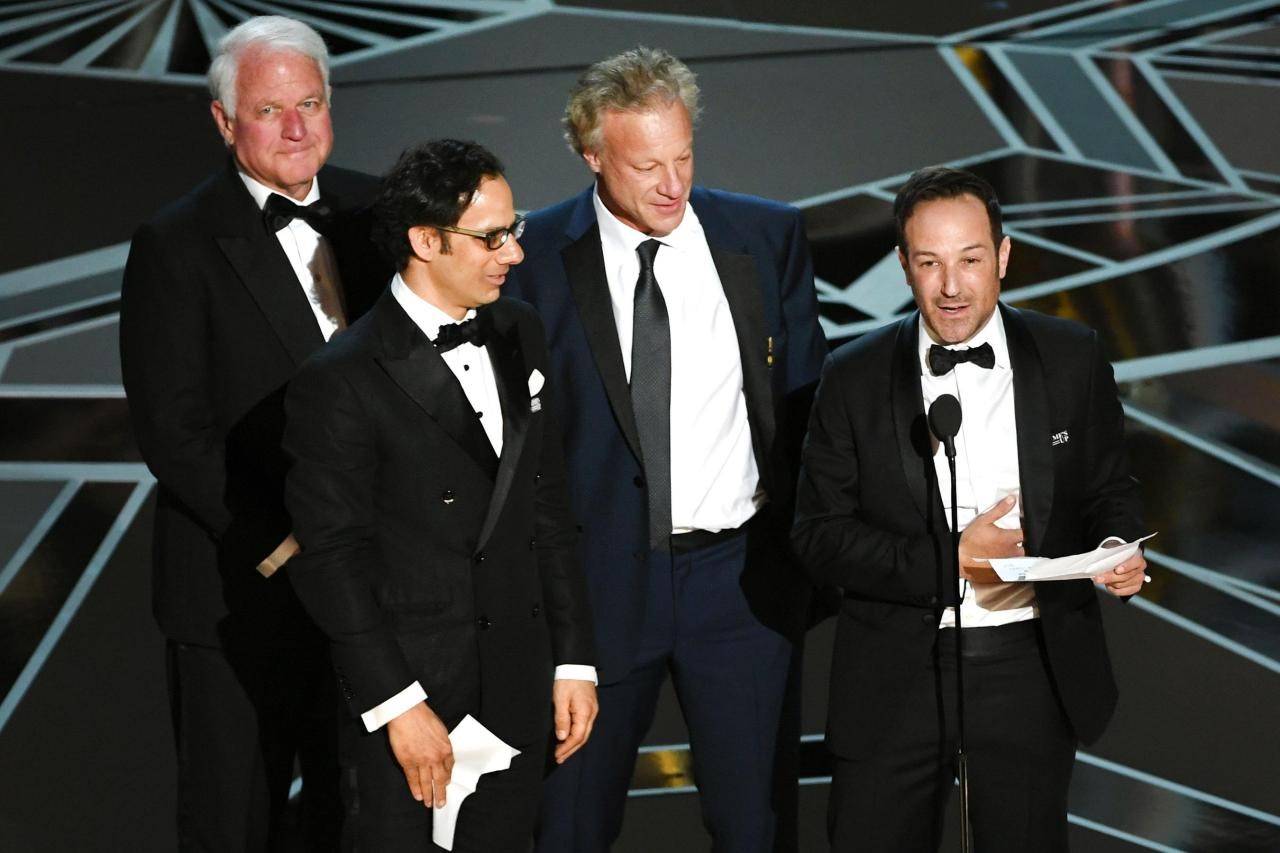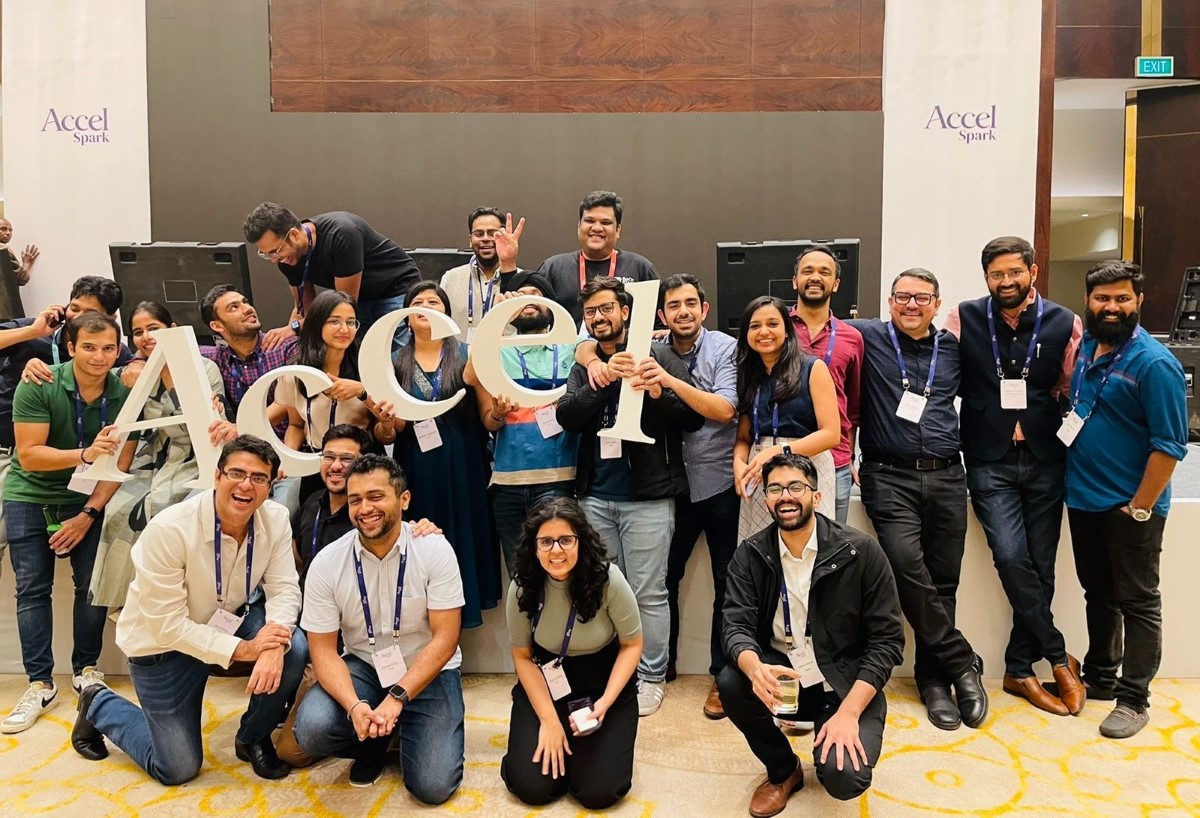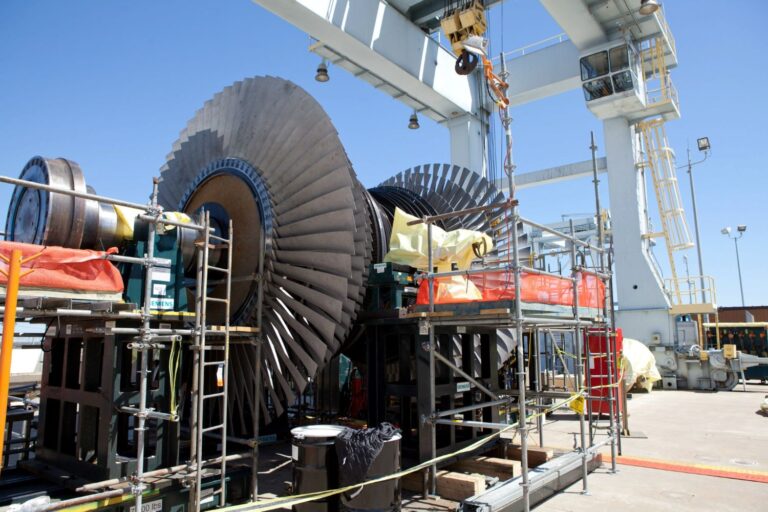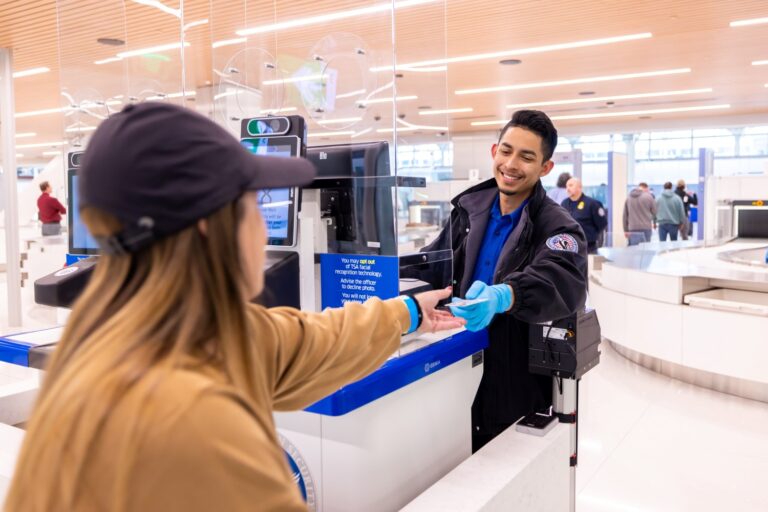Patient Hunter Leaves Its Footprint on the Venture Ecosystem
If you lived through the 1980s, then you would understand it was an incredible decade. This era is one frequently recalled for making substantial contributions to the development of future technology. It appeared as though a brand-new innovative piece of technology was introduced each month. Countless of the most common consumer products today left their mark in the 1980s.
The launch of the Nintendo GameBoy and NES, the growth of the Sony Walkman and Trinitron TVs, the acceptance of the Casio calculator watch, and the popularity of the Video Home System, or VHS, all play a significant role in defining the beautiful decade.
As technology was flourishing at that time, investors started to shift their focus and bet on this sector that later got them enormous returns. Talking about the most remarkable capital firms that painted very early colors on the setting, Accel can’t be excluded from the list.
Arthur Patterson and Jim Swartz established Accel in 1983, making it one of the few venture capital companies that only invested in technology ever since its inception. The capital firm believed that technology had the potential to transform industries and rebuild the world, and they wanted to be at the frontline of assisting the innovators who were driving these changes.
As the descendants of wisdom that has been formed over the revolution of mankind, Arthur Patterson and Jim Swartz leaned hard to inheritances of wise people that are no longer here. The co-founders developed the firm’s “Prepared Mind” investment philosophy predicated on the Louis Pasteur quote “Chance favors the prepared mind.”, which requires “deep focus” and a disciplined and informed approach to investing. However, it’s just a part of their journey, there are more insights waiting to be revealed. Keep reading.
The Duo Set up the Foundation for Venture Ecosystem
As the brand-child of Arthur Patterson and Jim Swartz, Accel was founded in 1983 and has grown ever since into one of the most renowned venture firms of the past 40 years under their management.
Beginning with Arthur, as the lead investor, Arthur has helped management teams develop companies into market-defining representatives over the incredible four decades. Arthur began his venture capital career with Citicorp Venture Capital and later served as a General Partner of Adler & Company before helping to co-found Accel.
As for Jim, he has been a lead director of more than 50 successful companies. He played a crucial role in the establishment of Meritech Capital and as a founder and mentor of Accel London. Before joining Accel, Jim co-founded Adler & Company with Fred Adler in 1978 after serving as a vice president of Citicorp Venture Capital. The capitalist served as the company’s founding general partner before joining Accel.

At the time, it was dangerous for them to enter these areas, but it turned out that these sectors would be the most significant for the following several decades.
Since the founding of the capital, the duo knew that they wanted to expand their presence to the international market. In the early days of Accel, Arthur and Jim invested a significant amount of time traveling throughout Europe to realize their plan, which was unusual for venture capitalists at the time.
One thing about this pair is they don’t spread out their capital to every sparkle and eye-catching sector but to be the experts in the segments that they are pursuing. As Arthur said, “We decided if you’re a market share leader, you’ll do better, and to distinguish ourselves from the other, we could specialize what the other really couldn’t.” That’s pretty much what formed the Accel investment culture, and this “Prepared Mind” investment philosophy has been benefiting the capital over the last 4 decades.
Jim and Arthur have experienced more than one boom-and-bust economic cycle since Accel’s debut. They know what’s in the game to dive in and win, but the most important thing is not about what can get them big returns, but instead the way that they become better long-term partners to entrepreneurs.
At the Side of Today’s Giants since Early Stages
When it comes to the investing process, the venture capital spends a lot of time every quarter trying to define what major sectors are emerging that are going to be the disruptive, high-growth centers.
You should approach Accel with a quick summary of your concept if you’re an entrepreneur with a disruptive solution and want them to invest in it. You will be contacted for a more in-depth conversation if your concept is thought to be a strong fit for Accel’s portfolio.
They’re looking for high growth and the opportunity to dominate a market. They don’t really care so much about the size of the market because most of these things are in the initial phase that you can’t really define the market size yet.
When Accel made its investment in Facebook, the team believed it may make a great $200 million student-focused business. They had no idea how large it would eventually become.
At that time, the firm’s favorite one was still the local area networking business. Arthur, Jim and their management team debated for months whether it was going to be a $50 million or a $100 million market or $1 billion market. As shared by Jim Swartz, “We invested in the original wireless company, and we spent a year trying to figure out if there was any market wireless. How big is that now? $10 billion? $20 billion?”
Facebook received funding from Accel in 2005 and it got what it needed and went public in 2012. It became one of Accel’s greatest return as Facebook is now worth $101 billion (as of early 2023). In Facebook heyday, the company realized a peak market value of $1 trillion on June 28, 2021. Undoubtedly, Accel gained huge profit from their investment and set an example for the others Accel and Jim Breyer, an American venture capital firm and Accel partner, owns 11.4% of the corporation, or $11.4 billion.
Besides Facebook empire, Accel also put their bet on many companies that later on became key players in the game such as Atlassian, Braintree, Cloudera, CrowdStrike, DJI, DocuSign, Dropbox, Etsy, Flipkart, Jet, Pillpack, Qualtrics, Slack, Spotify, Supercell, Tenable, UiPath, Venmo, Vox Media, to name just a few.
Accel is constantly on the lookout for innovative products with the potential to disrupt the market, rapid growth rates, and good entrepreneurs – people with substance, character, and a genuine passion for what they do. Notably, they are ignoring everything else in favor of focusing on the areas they believe to be significant. “We’ve never invested in cleantech, for instance,” stated Jim Swartz.
An essential component of Arthur Patterson and Jim Swartz’s strategy when they first co-founded Accel was a thesis-based strategy known as a “Prepared Mind.” Prepared Minds are still a crucial component of how Accel team approaches, investigates, and finances new prospects more than 40 years later.
The venture capital’s investment decisions are guided by the profound insights that result from this methodology. In essence, it produces a group of passionate investors. This eventually means that they share the same conviction and devotion as their founders in the portfolio when they invest. And this, ultimately, makes them better long-term partners.

The fund typically invests between $1 and $5 million in seed and pre-seed investment rounds at entrepreneurs raising funds, with a laser-like focus on early-stage businesses. The company has a tendency to invest earlier than other venture capitalists; to date, 95% of its investments have been in the seed or series A stage, and 87% have been its first institutional investments.
Accel is a renowned venture capital firm that collaborates with great founders who have distinctive insights throughout all stages of the development of private companies. The company aims to comprehend entrepreneurs as unique people, value their distinctiveness, and capitalize on their advantages, simply because there is no stereotype for brilliance.
The recipe of Accel has been serving the tech world with many solutions that benefit our life. The harmony of deep professional knowledge, ardent vision and long-term focus have brought the venture capital enormous returns. The financial performance of Accel says it all.
Big Returns to Raise the Next Behemoths
Accel, a global venture capital firm that specializes in early-stage investments, has made an impressive 1,902 investments to date. With a focus on disruptive technology startups, Accel has a track record of identifying and supporting companies that go on to become leaders in their respective industries.
Most recently, on February 23, 2023, Accel participated in a funding round for Kratos Studios, a video game development company, which raised $19,5B. This investment is a testament to Accel’s commitment to supporting innovative companies with the potential to revolutionize their industries.
On November 22, 2022, Accel invested $535K in Upaway, a startup that provides on-demand transportation services to underserved communities. This investment is just one example of Accel’s ongoing efforts to promote diversity and inclusivity in the tech industry.
With 354 successful exits under its belt, Accel has established itself as one of the most successful venture capital firms in the world. These exits have not only generated significant returns for Accel and its investors but have also had a profound impact on the tech industry as a whole, inspiring a new generation of startups to innovate and disrupt the status quo.
In March 2016, Accel raised $2 billion, including $1.5 billion for expansion investments and $500 million for an early-stage startup fund. A separate $500 million fund for investments in Europe and Israel was raised by Accel in April 2016. Around two years after closing its fourth fund with $325 million, Accel’s India division closed its fifth fund with $450 million in November 2016.
During its lifetime, Accel has raised a total of $18.3 billion across 33 funds, their latest being Accel Early-Stage European and Israeli Fund VII. This fund was announced on Jun 29, 2021, and raised a total of $650 million.
Despite its impressive track record, however, Accel remains focused on supporting the next generation of disruptors and innovators and is constantly on the search for promising new startups with the potential to change the world. Since day one, this venture capital has always been enhancing its global presence. Today, we are experiencing the rise of Asia, but Accel has already been there long before the hype.
Accel’s Ardent Vision for Asia Rise
Accel is one of the earliest investors in India, owning a large portfolio of unicorn startups in the South Asian country. Some of its noteworthy investments in the region include backing Flipkart, Freshworks, Swiggy, FalconX, Spinny, Vedantu, Zetwerk, Infra.Market and Moglix.
According to Barath Subramanian, a partner at Accel, the company intends to be more competitive in a few industries, such as web3 and business-to-business marketplaces. This venture capital, which started investing in Southeast Asia a few years ago, also intends to be more aggressive in the area with the new fund, they said.
Accel just made the largest-ever fund launch in the region with the announcement of its seventh India fund in 2022, which will invest $650 million to grow Indian and South-East Asian enterprises. The global venture capital firm unveiled its seventh specialist venture fund in the region – and its biggest to date – some 16 years after its first fund raised $10 million.

Other investee companies are a little riper, though Accel stresses the need to still offer more than just financial support. “We believe our insights from the Indian market and the global Accel platform can help start-ups in the region from seed to scale,” Prayank Swaroop, a partner at Accel shared.
This is critical, especially given the rapid growth of South-East Asia’s entrepreneurial ecosystem. According to a recent study, 25 start-ups from six South-East Asian nations reached unicorn status in 2021 with a total valuation of $55.4 billion for their 25 individual valuations of $1 billion or more. In contrast, just 21 businesses from the area achieved unicorn status between 2013 and 2020.
The geographic exposure of Accel’s funds has developed in line with that trend; early funds tended to invest almost entirely in India, while the later iterations have been more diversified. Accel anticipates that its most recent venture will make investments in the entire region.
“There’s no doubt that India has led the evolution of the start-up space in this part of the world, but we have seen its emergence in other markets too,” Prashanth Prakash, another partner at Accel says. “Singapore has a history of entrepreneurialism, but Indonesia, Vietnam and the Philippines are seeing something similar.”
In any case, rather than concentrating only on their native or regional market, many of the companies in which Accel invests have a global appeal. That’s particularly the case with the increasing number of technology suppliers in Accel’s portfolio, with business models such as software-as-a-service making it much simpler for early-stage companies to sell to a worldwide audience.
Accel’s investments have a specific focus on such businesses, as well as companies beyond the technology sector but which are facilitated by technology in some way. Technology is the foundation of everything we do, according to Prakash. “South-East Asia’s start-up ecosystem is thriving and very interesting innovation is being done here; the ideas are unique to the region, but the start-ups have global ambitions,” he added.









